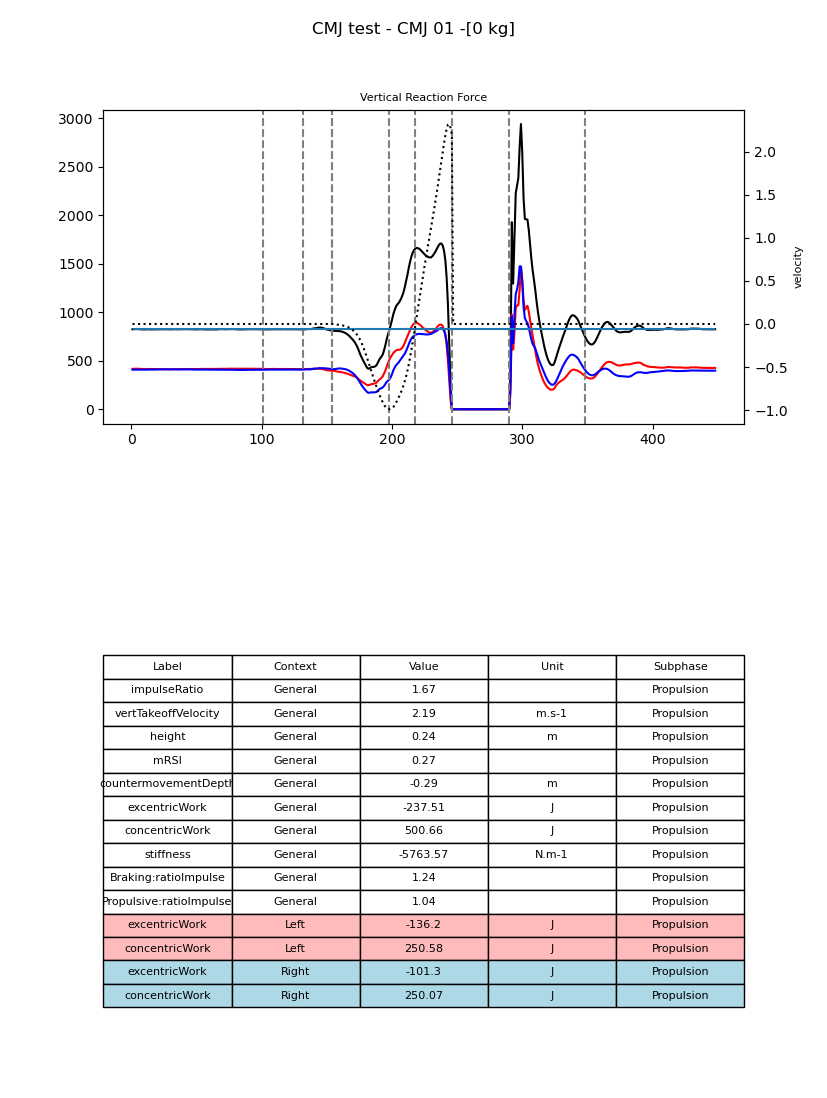pyCGM2 plays a central role in the development of instrumented evaluation methods at the motion analysis laboratory of the University Hospital of Nantes, France.
These initiatives are both private and experimental, and can be accessed upon request at fabien.leboeuf@chu-nantes.fr.
Project: Flow
Flow represents an extension of pyCGM2, designed to optimize the gait analysis process. Through the use of a YAML format configuration file, Flow introduces a structured method for launching treatments, offering several key advantages:
- Traceability of Analyses: Each configuration file records the complete history of treatments performed, facilitating the tracking and replication of analyses.
- Data Management: Configurations can be easily stored and organized in databases, thus improving the efficiency of information management.
Project: Force Plate Tests
The Force Plate Tests project focuses on the use of force platforms for the evaluation of specific movements performed on force plates :
- standing
- squat
- counter movement jump
- squat jump
- abalakov jump
- single leg jump
- drop jump
- land and hold jump
- hop jump
- hop and return jump
By utilizing pyCGM2, this project aims to precisely calculate various metrics characteristic of these movements, allowing a detailed analysis of performance and biomechanics of the subject.
This image is the plot panel generared for a counter Movement jump

Project: Wheelchair Tests
In collaboration with Maxence Gogendeau, a student in adapted physical activity at CHU de Nantes, the Wheelchair Tests project draws inspiration from the research of Van der Slikke et al to evaluate wheelchair movement.
This project uses Inertial Measurement Units (IMUs) fixed on wheelchairs to collect accurate data, both in laboratory and ecological conditions. The goal is to provide a comprehensive and reliable evaluation of performance and efficiency of wheelchair mobility.